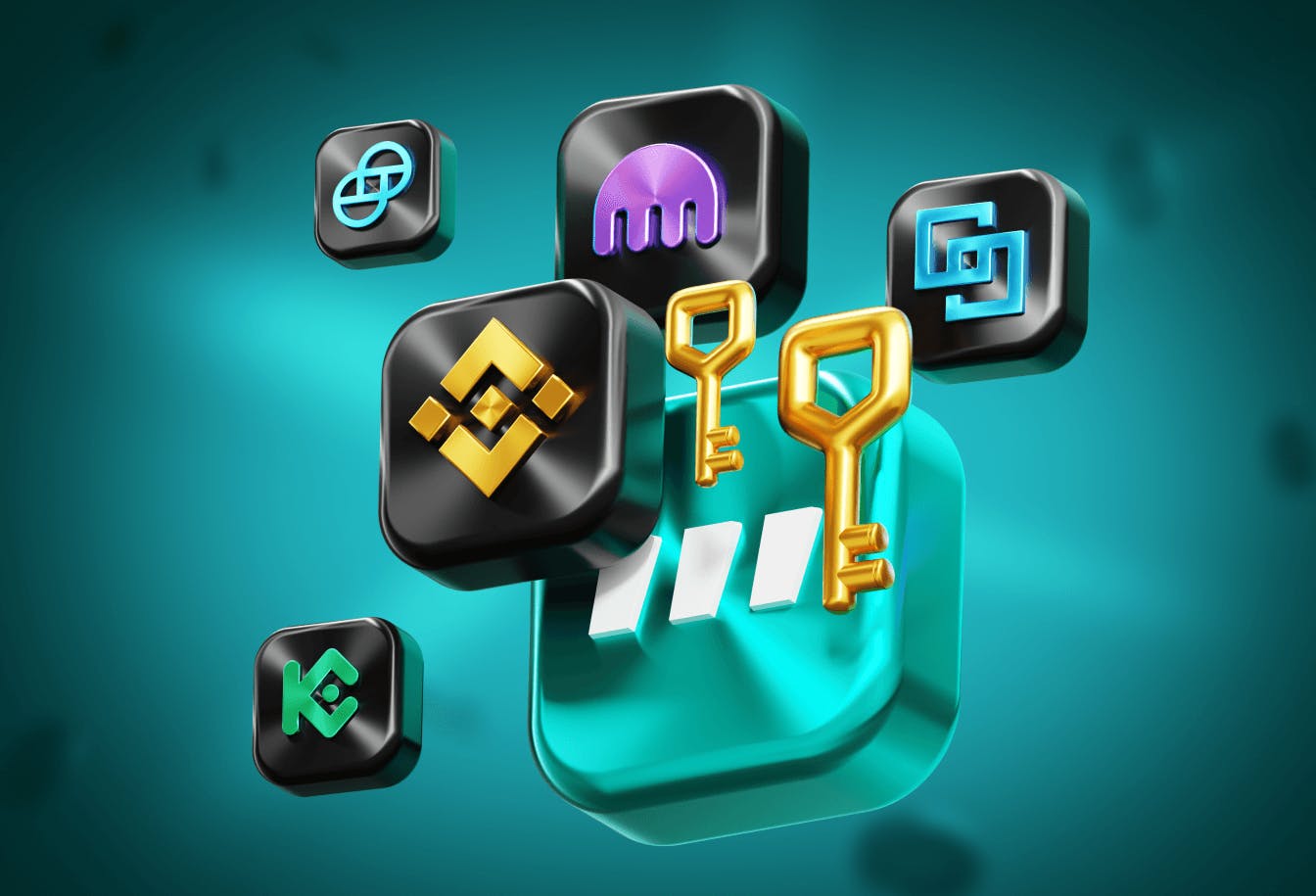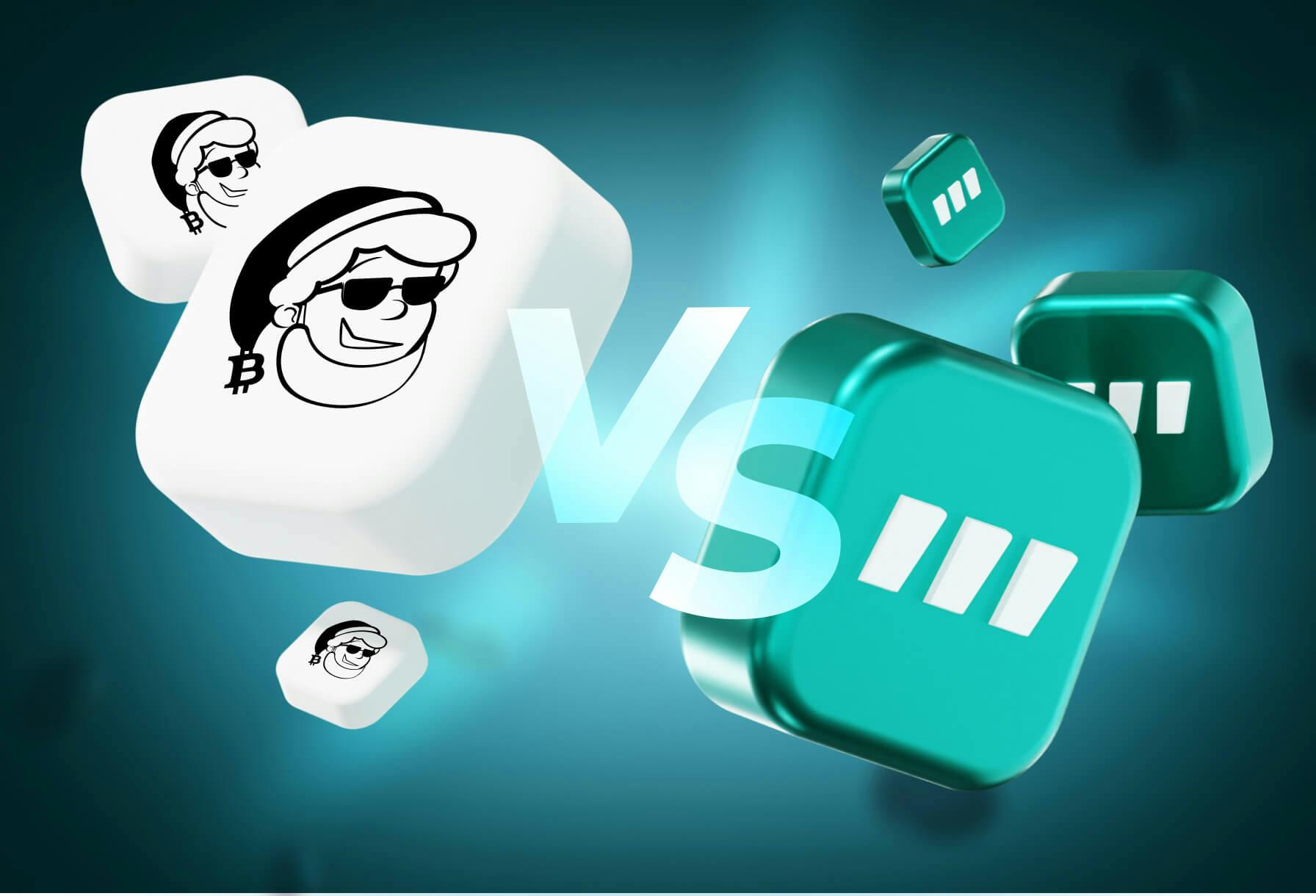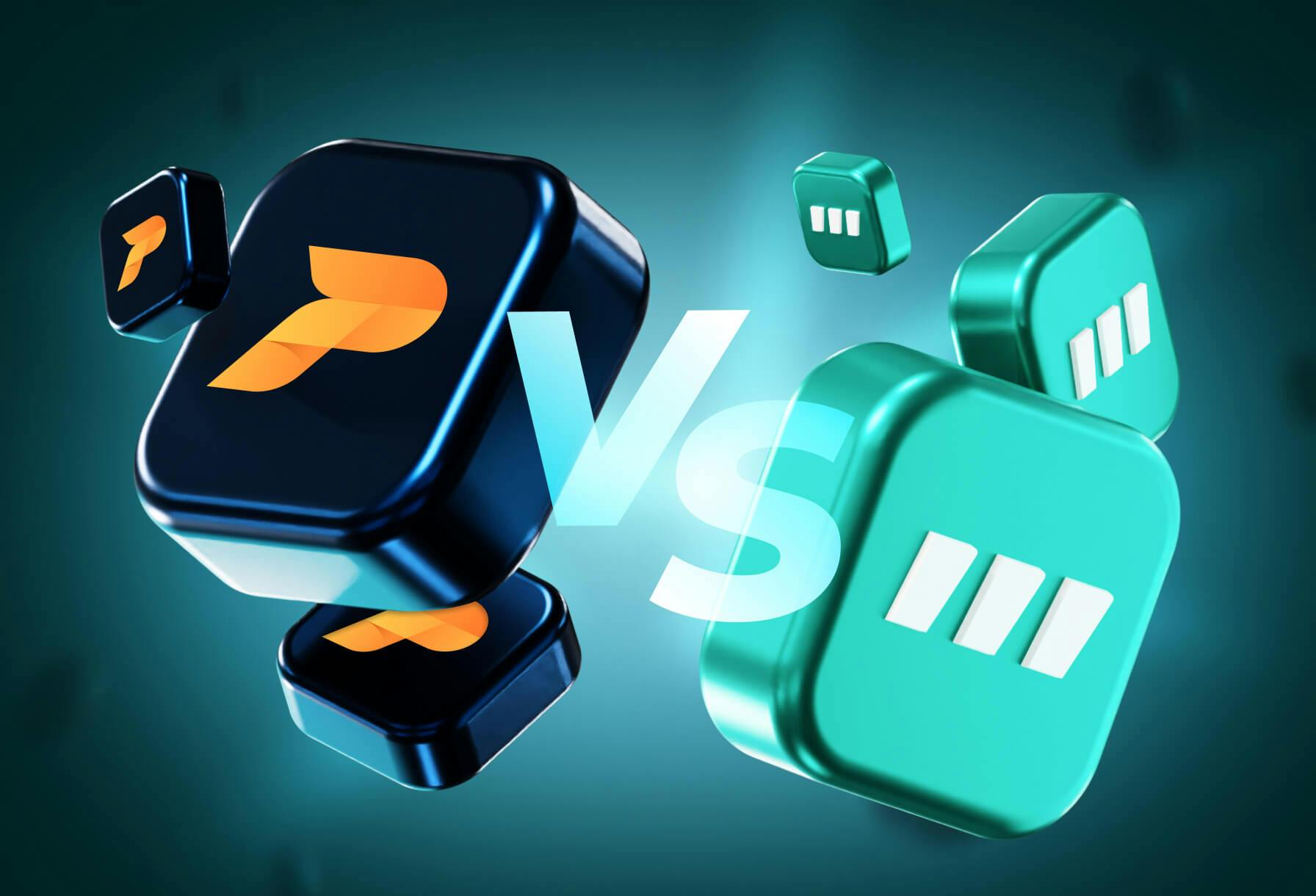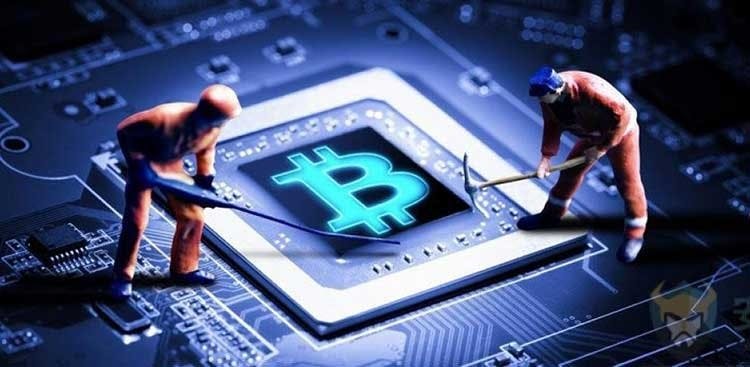
- All
- Tools
- Analytics
- Technical Analysis
- Trading
- Blockchain
- DeFi
- Guides
- Company News
- Educational
- Opinion
- Price Predictions
- Market News
- News
- Trading cases
- Practical guides
- Exchanges
- Trading signals
- Cryptocurrency
- Crypto bots
- Other
Become a crypto master
Learn everything about crypto,
trading and bots

Are DAOs the future of DeFi?
Decentralized autonomous organizations — or DAOs — are becoming a major trend in the DeFi space. The new economic relationships between people allow everyone to become part of a company, platform, or protocol and vote on decisions regarding the future actions of the whole community.
In today’s article, we’ll talk about what a decentralized approach to relationships and governance can offer, its features and drawbacks, and provide examples of where blockchain-based decentralization can lead.
Start Trading on 3Commas Today
Get full access to all 3Commas trading tools with free trial period

DAOs 101
Decentralized protocols and systems, by definition, need other forms of organization and trustless governance. The concept of a DAO was proposed by Dan Larimer, founder of such companies as BitShares, Steemit, and EOS. The concept was also described by Ethereum co-founder Vitalik Buterin. In 2016 the first decentralized organization for investment management, known as “The DAO,” was launched on the Ethereum network.
A DAO is a form of organization in which management decisions are made and carried out through interaction with smart contracts and automatic compliance with pre-designed rules. The key feature of this approach is that decisions on community development and capital management are made by all participants. Voting and decision-making are done with governance tokens, with which users can influence the development of the community.
The incentive for each participant in the community to move towards a common goal lies in the reward for participation in the development of the organization. A DAO implies the absence of a single leader, and instead, through a multitude of proactive participants united by a common goal. They form working groups within such organizations to develop solutions and suggest improvements.
Smart contracts make it possible to achieve independence from political and financial institutions through the independent management and distribution of capital, which in turn offers a completely different approach to social and economic interaction between participants and companies. Decisions about further actions and events are made by all participants in the community on the basis of proposals and voting.
The voting process can vary from platform to platform. For example, due to the high gas fees on the Ethereum network, many communities have adapted and solved the problem by moving the voting process to social media or using tools like Snapshot.
Prospects and opportunities
The ecosystem of decentralized communities is just beginning to evolve, but large-scale solutions are already operational in the field. DAOs can be categorized according to the goals and objectives they are aiming to achieve and their value proposition:
- DAO Operating Systems – frameworks and tools for running DAOs
- Grants DAOs – solutions for managing and distributing raised funds
- Protocol DAOs – solutions for managing the network and issuing management tokens
- Investment DAOs – investment and revenue generation protocols
- Service DAOs – protocols that connect participants by interests, skills, and talents
- Social DAOs – platforms focused on achieving social values and building communities of like-minded people
- Collector DAOs – platforms uniting NFT fans
- Media DAOs – platforms for content creation and information sharing
According to Dove Metrics’ analysis, DAOs attracted more than $41 million in the third quarter of 2021, up 174% compared to Q2. Additionally, according to DeepDAO, DAOs boast about $11 billion under management and about 1.2 million community members and token holders. The leader among the platforms is Uniswap DAO, which is valued at almost $4.5 billion.
Recent examples of DAO launches and the distribution of service tokens to early users have fueled interest among members in using platforms and protocols in pursuit of project tokens. As the DeFi space expands and the number of platforms grows, so will the demand for creating and organizing decentralized communities for distributed and more efficient management and development.
Where does decentralization lead?
Despite the features and capabilities of such communities, there are a number of challenges today that need to be addressed if the new concept of conducting group affairs and achieving shared goals is to be widely adopted. One key criteria for the adoption of DAOs is the security of smart contracts.
It’s worth noting that it was an error in the smart contract code that led to the theft of over $60 million from The DAO Foundation’s Ethereum wallets. Subsequently, a blockchain hard fork took place, which led to the chain split, creating two separate chains – Ethereum and Ethereum Classic, with Ethereum Classic refusing to roll back the blockchain and undo the theft.
Another elephant in the room is illusory decentralization. An example of its manifestation can be seen in the Venus protocol events, where an anonymous group of token owners tried to raid the protocol by voting and bribing the other participants. They promised to give away a part of tokens to anyone who voted for a proposal that carried economic risks for the protocol. At the end of the day, the developers canceled the voting process, and were required to sacrifice certain functions in the smart contract, for which they were accused of dictatorship and violation of the principles of decentralization.
It is also worth noting that, more often than not, the rules in smart contracts that govern a protocol can only be changed through voting and consensus. If hacked, it can take a fair amount of time to fix the underlying code.
Conclusion
As of 2023, DAOs (Decentralized Autonomous Organizations) signify an essential evolution in the realm of decentralized finance (DeFi) and the broader blockchain ecosystem. Conceptualized by industry stalwarts like Dan Larimer and Vitalik Buterin, DAOs represent a revolutionary means of organizing and governing communities, bypassing traditional centralized leadership and relying instead on collective decision-making.
One of the most compelling aspects of DAOs is their core operational mechanism: smart contracts. These contracts automate actions and ensure adherence to pre-established rules, circumventing human biases and potential for error. These contracts also furnish a profound shift from traditional organizational hierarchies to a more democratized setup where each member has a say in community decisions, through voting facilitated by governance tokens. Furthermore, this new organizational structure inspires participants to work collectively towards common objectives, as they are incentivized by rewards for their proactive contributions.
The utility of DAOs isn't limited to one facet. They cater to various niches from investment and service to media and social. Their ability to rally communities, manage vast resources, and align diverse stakeholders towards shared aspirations is evidenced by their impressive growth statistics. To illustrate, by 2021, DAOs were managing around $11 billion, with platforms like Uniswap DAO at the forefront, bearing a valuation nearing $4.5 billion.
However, as with any nascent technology, DAOs come with their unique challenges. The security of smart contracts remains paramount. The unfortunate incident involving The DAO Foundation, which resulted in a $60 million theft due to a smart contract error, is a stark reminder of the potential vulnerabilities in the system. The subsequent splitting of Ethereum into Ethereum and Ethereum Classic highlighted the drastic measures sometimes necessary to rectify such issues. Additionally, the illusion of decentralization, as observed in events like the Venus protocol incident, raises concerns about the system's integrity and the possibility of it being compromised by malicious actors.
A critical observation is that while DAOs promise true decentralization, some challenges and events suggest that the journey to achieve this vision isn't without bumps. There will always be a tension between the pure ideals of decentralization and the real-world challenges that arise, requiring some level of centralized intervention, as seen in the case of the Venus protocol.
In sum, as we stand in 2023, DAOs hold immense promise as the next big thing in DeFi and perhaps a significant reshaping force for the world's organizational structures. Their advantages in democratizing decision-making, fostering global collaboration, and decentralizing power structures are clear. However, the road ahead demands attention to the teething issues around security, true decentralization, and user education. The potential is vast, but so is the responsibility to ensure that this decentralized dream doesn't become a victim of its own ambition. The continuous evolution of DAOs will be instrumental in defining the next chapter of digital, decentralized organization and governance.

A proven leader, successful at establishing operational excellence and building high-performance teams with a sharp focus on value creation and customer success.





